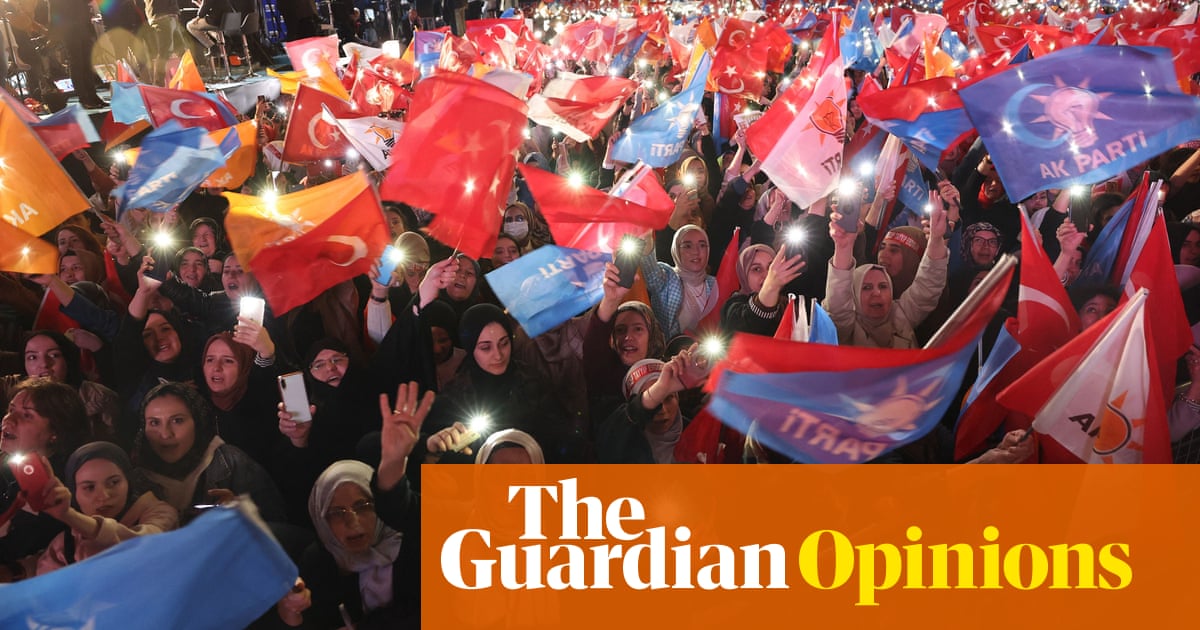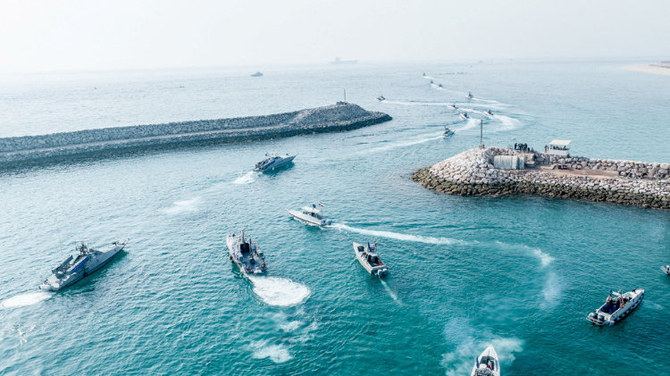
It has been almost six months since US President Donald Trump pulled out of the Joint Comprehensive Plan of Action (JCPOA), commonly referred to as the Iran nuclear deal. In August, primary sanctions were re-imposed on the Islamic Republic. Secondary sanctions will be re-imposed on Tehran as well in early November.
Since the US withdrew from the nuclear agreement, the European Union has been attempting to chart ways through which it can satisfy several demands set by the Iranian regime.
Tehran made it clear to the EU that Iran’s Supreme Leader’s five demands must be fulfilled. Ayatollah Ali Khamenei’s demands included ensuring that the signatories maintain Iran’s major sanctions reliefs, that there would be no interference by the world powers and the UN in Iran’s domestic and regional policies or its ballistic missile program, and that the EU would “guarantee the total sales of Iran’s oil.”
The EU’s primary efforts to satisfy the Iranian leaders through political support or some minor policy changes were unsuccessful. Iran’s oil revenues and exports have been steadily falling since the US withdrew from the JCPOA. In the first week of October, Iran’s oil export dropped to approximately 1.1 million barrels per day (bpd). In April 2018, before the US pulled out of the nuclear agreement, Iran’s oil export was more than 2.5 million bpd, a decline of more than 50 percent.
As a result, the EU has come up with a new plan to facilitate payments to Tehran. The new mechanism, which is called the "special purpose vehicle" (SPV), will be officially in place by Nov. 4, a few days before the US imposes the secondarysanctions on Iran’s oil industry.
The SPV is designed to assist Iran’s regime to circumvent sanctions. Instead of paying the Islamic Republic through dominant currencies such as the dollar or euro, payments will be made to the Islamic Republic for its exports through other goods and services that have the same monetary value. This mechanism, which was introduced by the EU’s foreign policy chief Federica Mogherini at the United Nations General Assembly in New York in September, is neither new nor innovative.
Tehran is not unfamiliar with such a barter system, which has been used for many decades by countries that are under sanctions by the international community or the United Nations Security Council.
Although the EU claims that the main objective is to maintain the nuclear deal, the EU is prioritizing trade and business deals with the Islamic Republic.
The EU’s primary efforts to satisfy the Iranian leaders through political support or some minor policy changes were unsuccessful. Iran’s oil revenues and exports have been steadily falling since the US withdrew from the JCPOA.
Dr. Majid Rafizadeh
However, the EU’s SPV is doomed to fail for several reasons. To begin with, even if the European governments agree to participate in such a plan, corporations, firms, and private financial institutions will be reluctant to do so because of the repercussions. Doing business with Tehran will have critical legal and financial impacts on European companies which would most likely drag them into a legal battle with American financial institutions.
It is also unrealistic to argue that European corporations are willing to run the risk of losing the $18 trillion US market for the sake of Iran’s $400 billion market. If firms are caught violating US financial sanctions even with the EU’s SPV, not only they will endanger their business with the US, the world’s largest economy, but they will most likely lose their ability to obtain credit, funds or borrow money from the US monetary institutions.
Furthermore, those European financial institutions or banks which help Iran sidestep US sanctions may be barred from using the US dollar. This would be a “death penalty for any international bank,” as former Treasury Under Secretary David Cohen once put it.
That is why large EU corporations — such as the French oil company Total, leading German firms from the transport and telecom sectors including Rail operator Deutsche Bahn and Deutsche Telekom, and carmakers PSA, Renault and Daimler- immediately — ended their projects in Iran.
Besides, no large company has declared that it will be willing to re-enter Iran’s market because of the EU’s new plan. In fact, more companies are planning to leave Iran’s market.
Secondly, Iran is more desperate for cash than for goods and services. In these critical times, the Islamic Republic needs the money because it is hemorrhaging billions of dollars in Syria and Iraq — recruiting foreign fighters to operate in Syria in support of Bashar Assad, smuggling powerful weapons to the Houthis in Yemen, and ratcheting up its financial and military support to Hezbollah and Shiite militias across the region.
More likely, the SPV is not going to be the last plan that the EU introduces to help the Iranian regime sidestep the US sanctions.
In conclusion, the EU’s new plan, the SPV, will most likely fail. Instead of assisting the top state sponsor of terrorism circumvent economic sanctions, the EU must seize the opportunity and pressure the Iranian regime into changing its destructive behavior and becoming a constructive player in the region.
Dr. Majid Rafizadeh is a Harvard-educated Iranian-American political scientist. He is a leading expert on Iran and US foreign policy, a businessman and president of the International American Council. Twitter: @Dr_Rafizadeh
Disclaimer: Views expressed by writers in this section are their own and do not necessarily reflect Arab News" point-of-view












